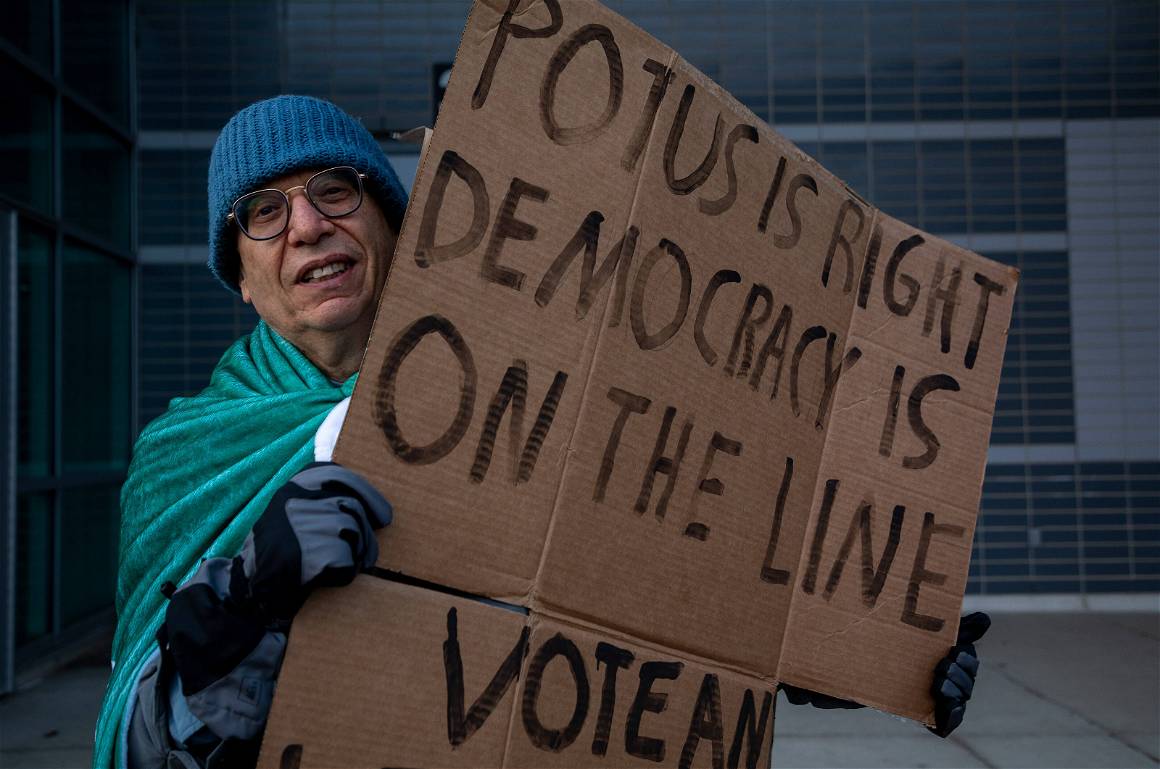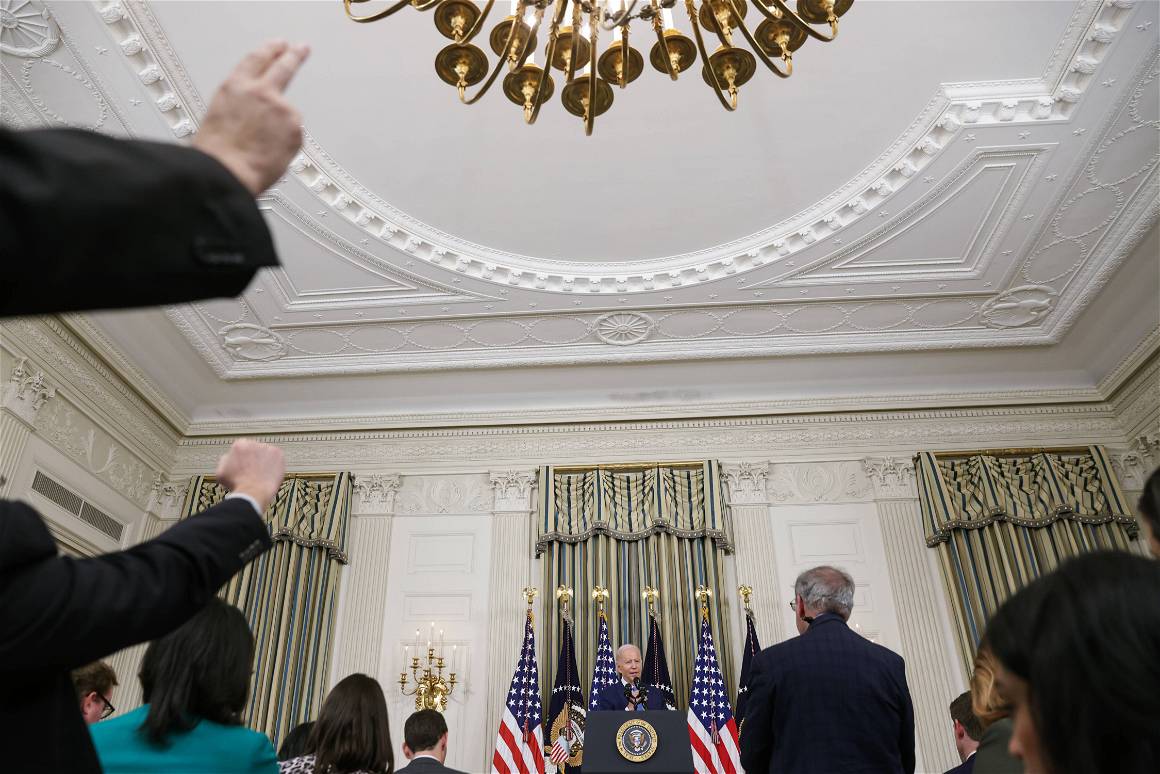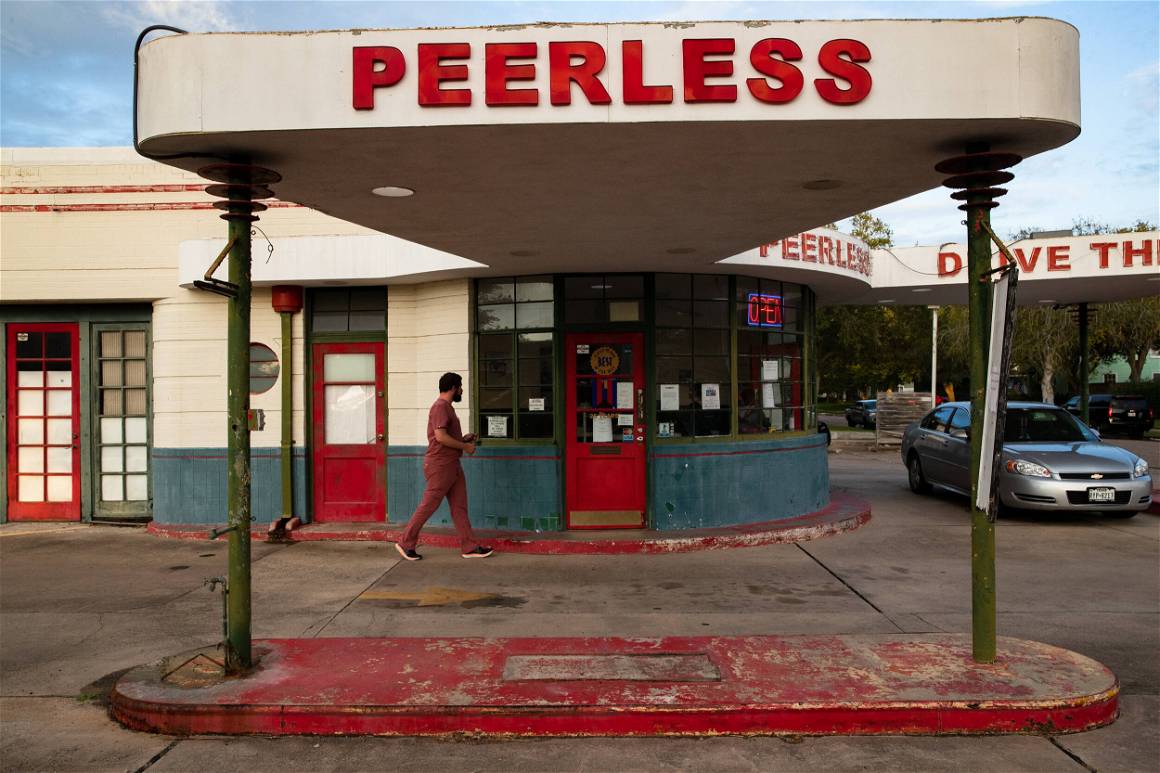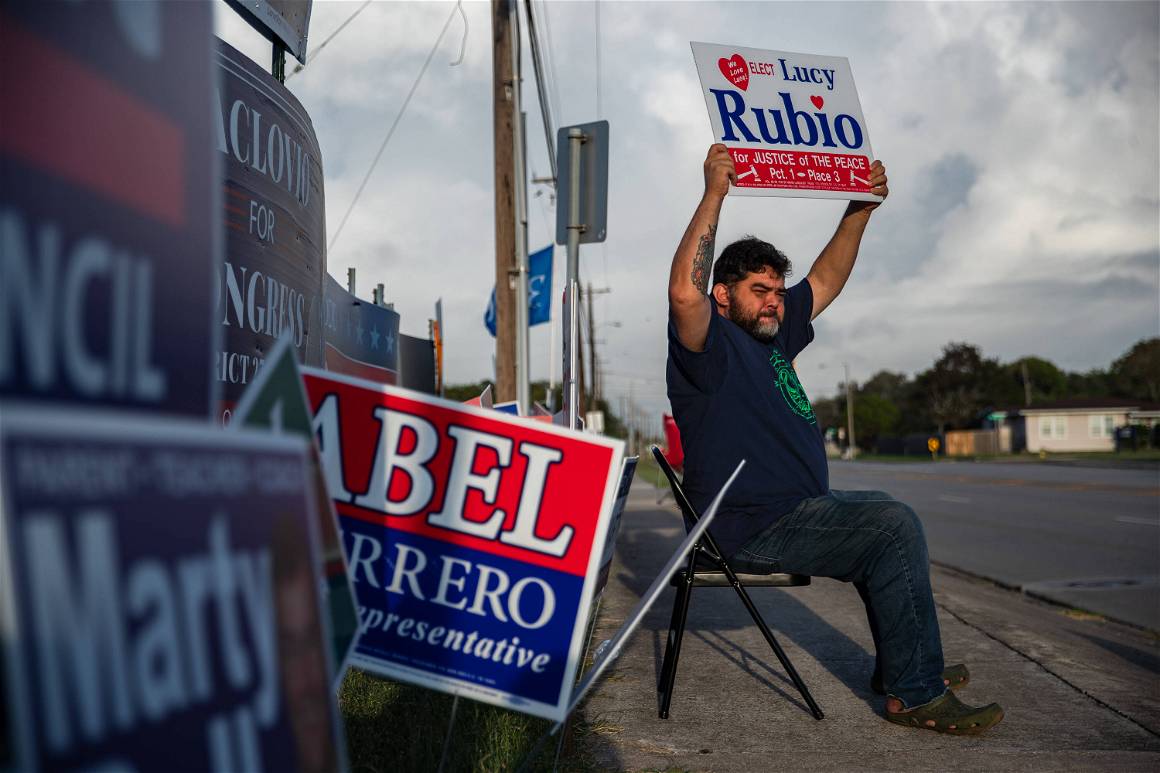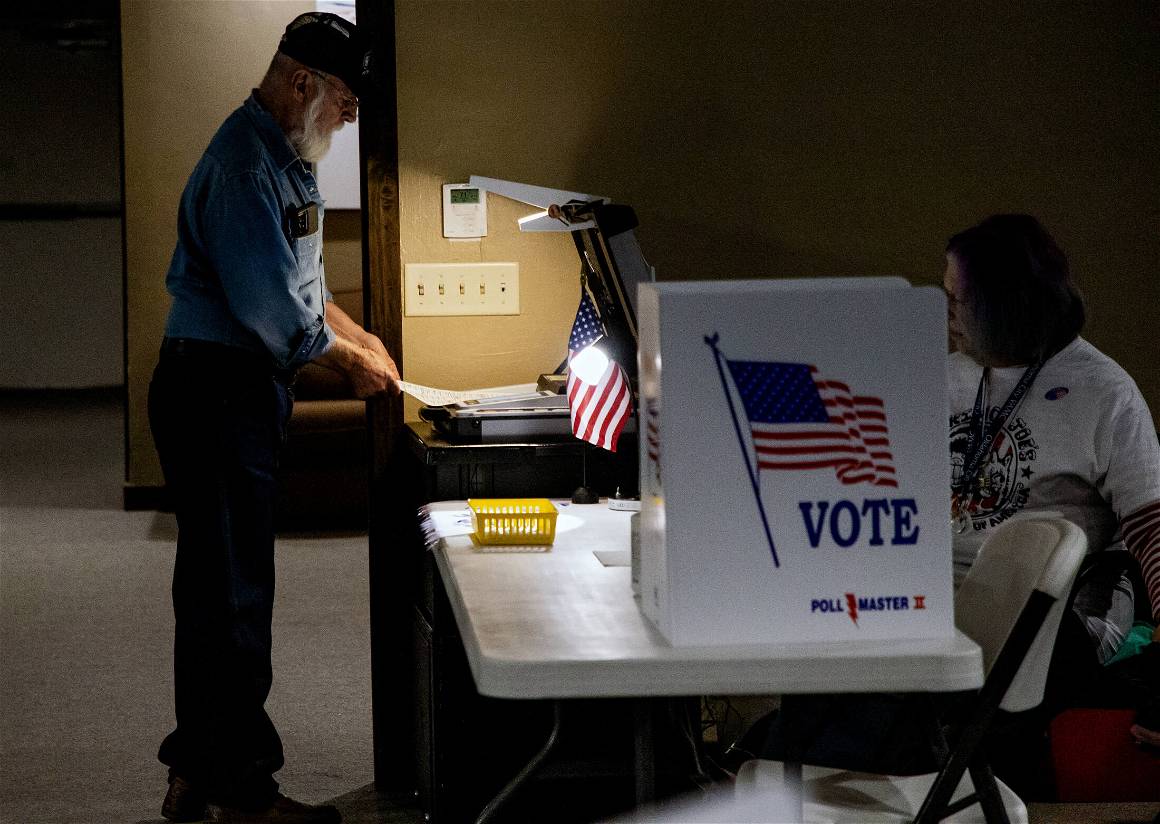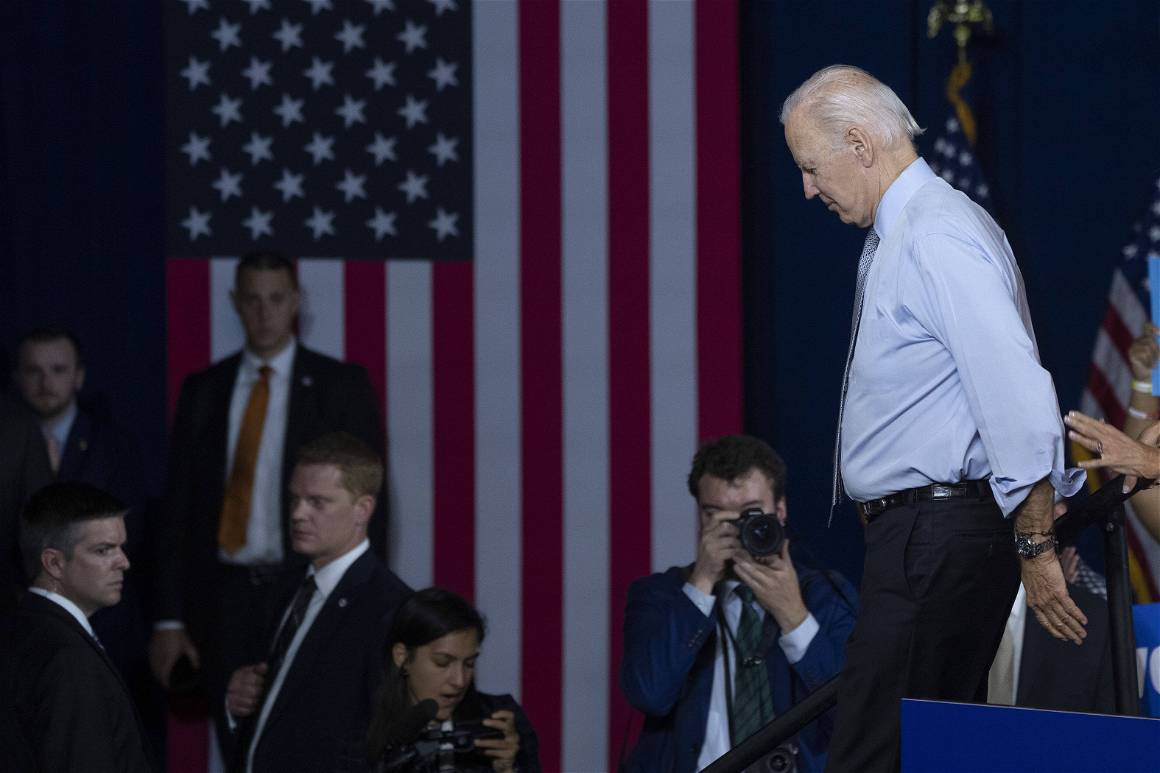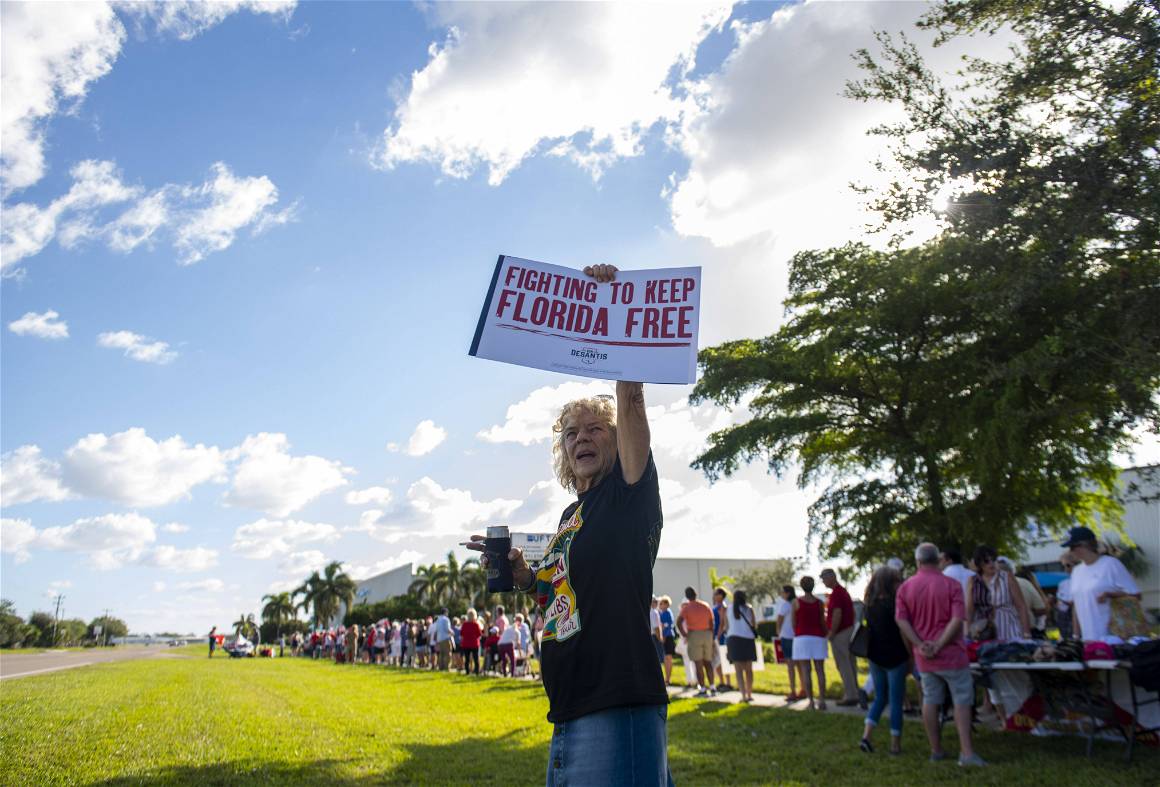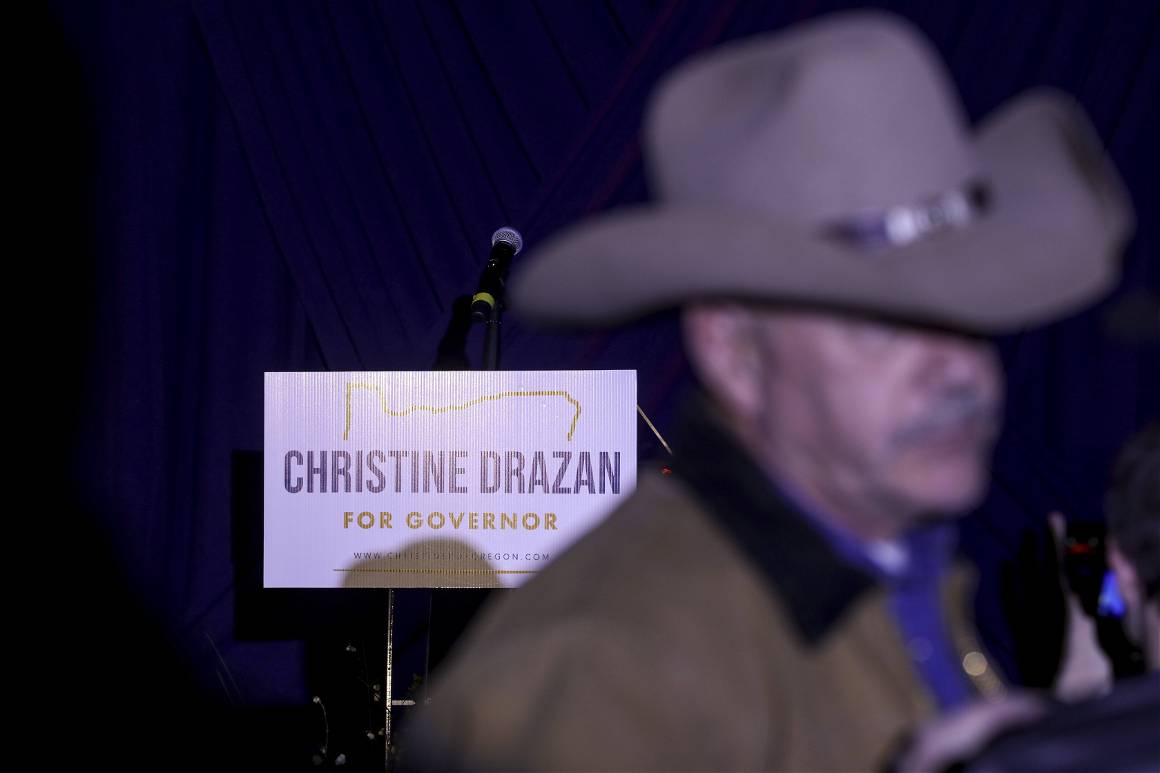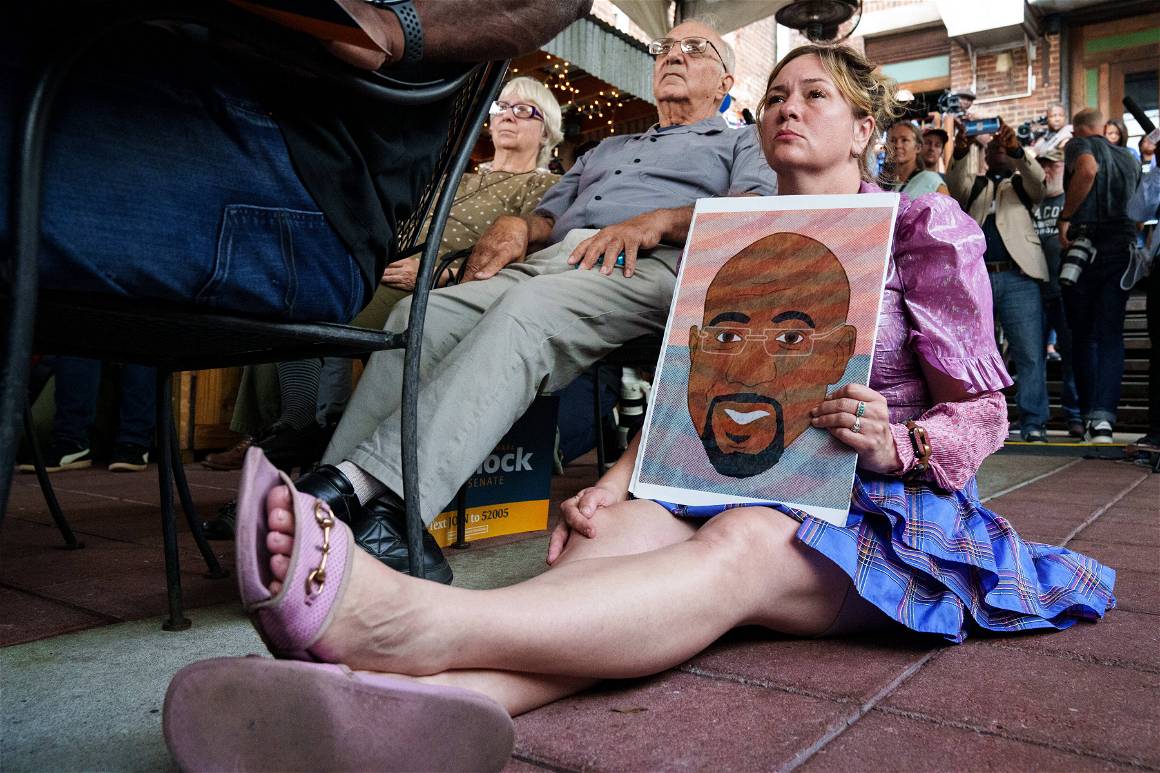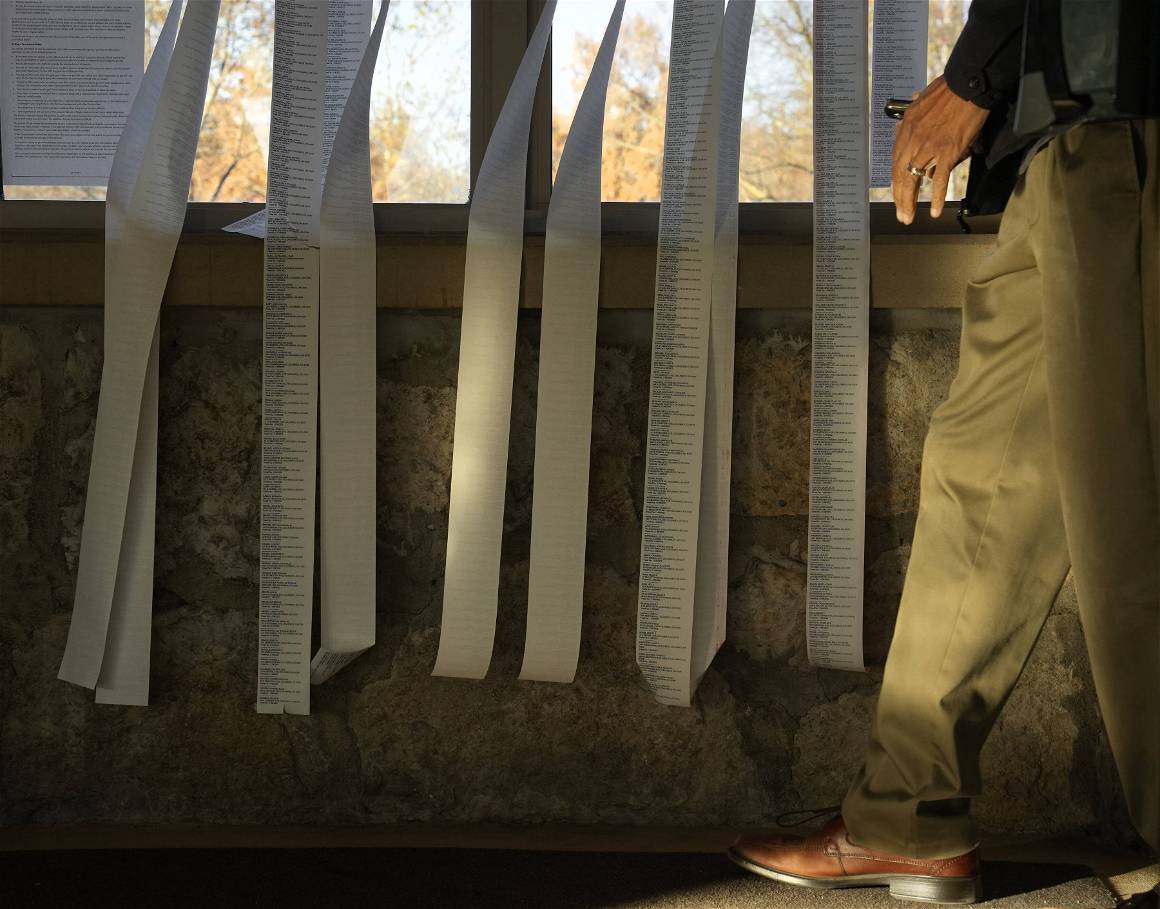Some surprises and some firsts – the United States midterm elections have in some ways proved the unpredictable nature of American politics. See IMAGO’s coverage from our partners.
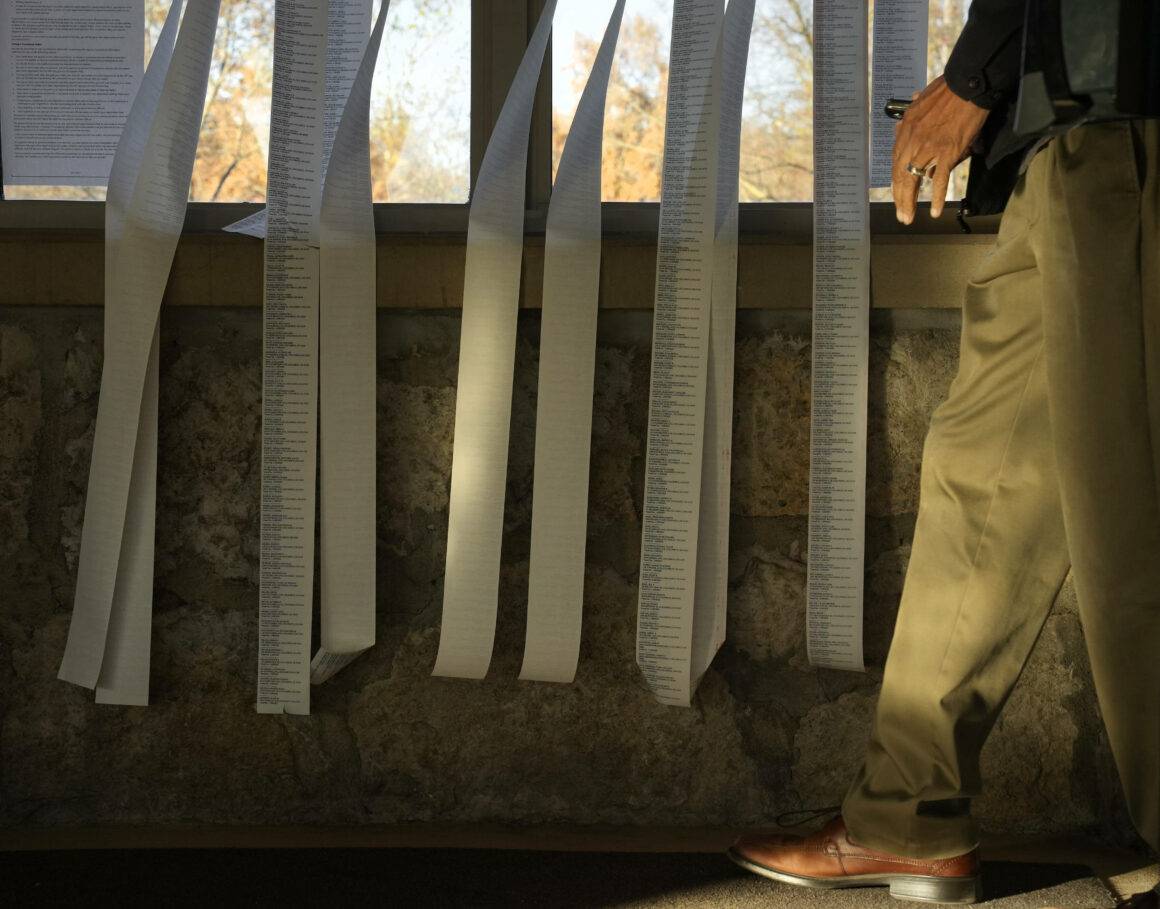
U.S. Midterm Elections – the unpredictability of American politics
In a race many Republicans expected would swing in their favor and Democrats feared would make things harder for President Joe Biden to complete the last two years of his term with less allies in Congress, the midterm elections have proved just how unpredictable American politics can be. “While many media personalities and political officials expected a tsunami-sized red-wave, record early voter turnout suggested a very different outcome,” said Washington DC-based political science expert and photojournalist at IMAGO partner NurPhoto, Allison Bailey.
“Democratic voters disproportionately use early and absentee voting, so the record turnout prior to election day was a bad sign for Republicans,” said Bailey, who also pointed out that a record number of ticket splitting, meaning voters choosing candidates from different parties, contributed to the lack of a red-wave. “I don’t think you can overstate the significance of ticket-splitting in this election,” she said. For the last 30 years in the United States, party loyalty typically persisted during elections – Republican-registered voters rarely voted for a Democratic candidate, and vice versa.
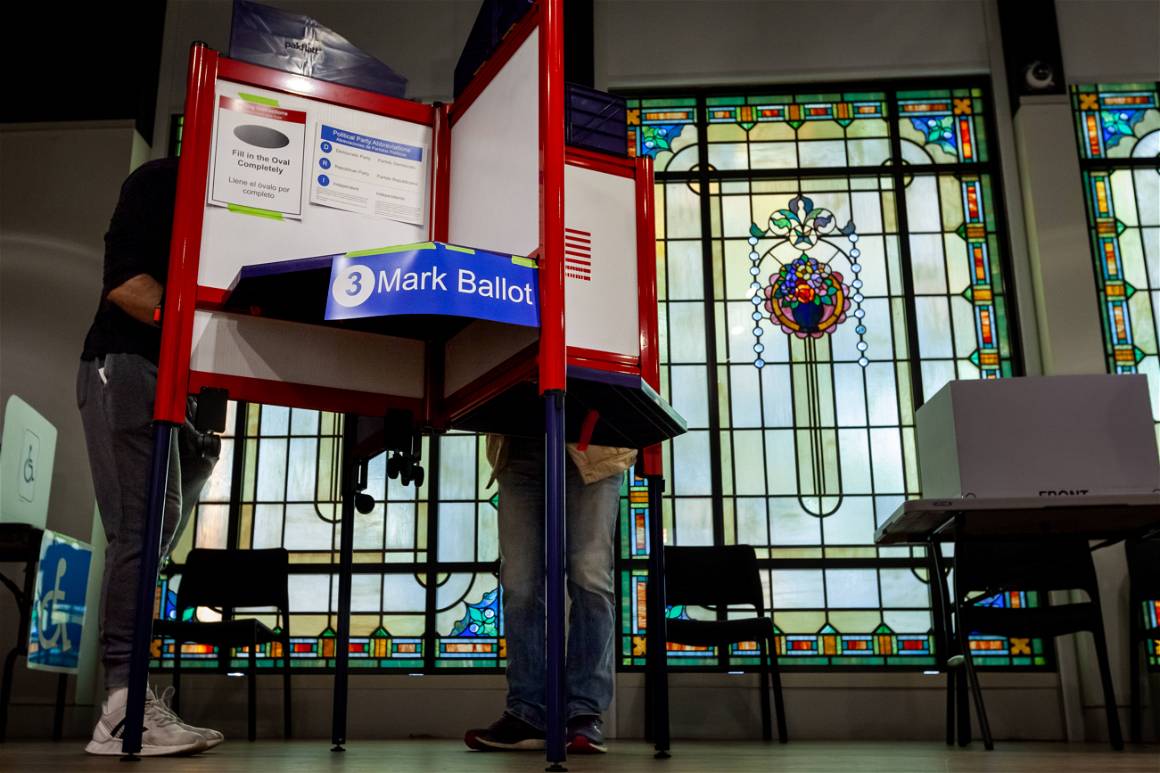
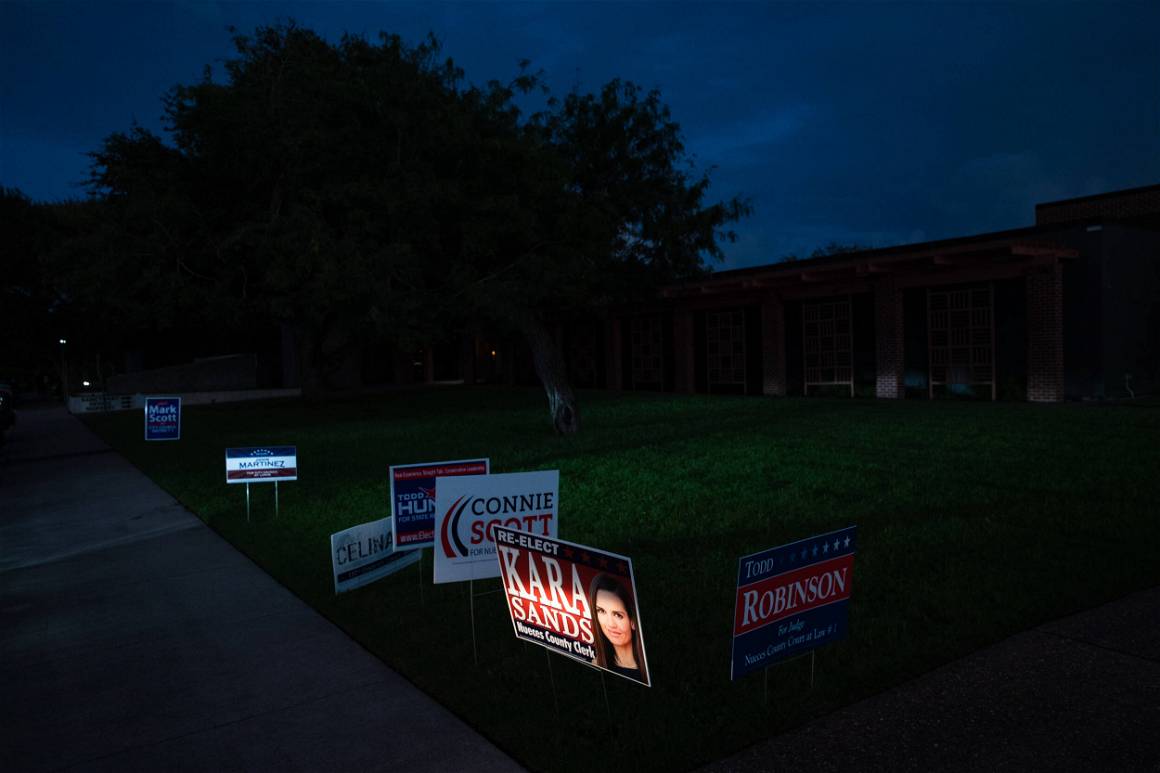
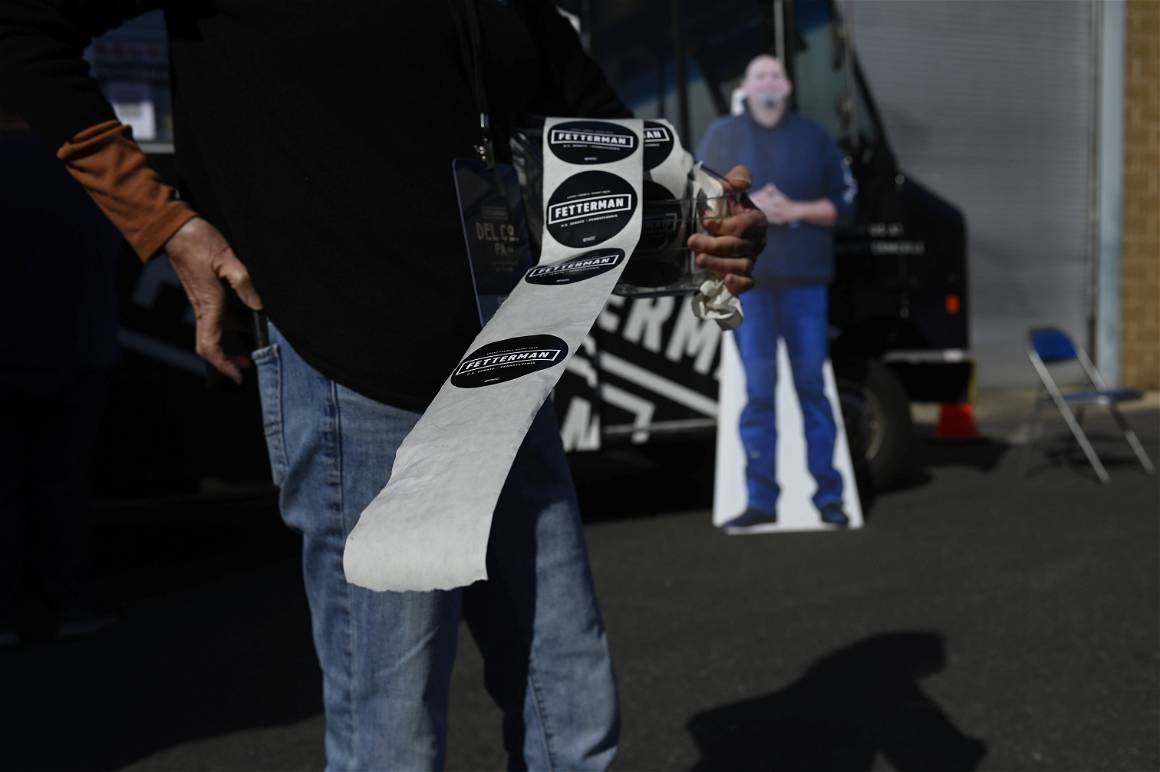
Georgia for example, is a state with an interesting and polarized political landscape — traditionally seen as conservative but with the liberal bubble of Atlanta as its capital. Former NFL football player and Republican Senate candidate Herschel Walker lost to Democratic incumbent Senator Raphael Warnock 48,3% – 51,7%. Yet the state voted for Republican governor Brian Kemp with a 53.4% majority over Stacey Abrams who also ran in 2018, and would have become the first Black female governor in U.S. history. Regarding Georgia’s results, Bailey said that “It’s tempting to look at this and think that 4.9% difference is not a lot. But, in a political climate in which the other party is often regarded as evil, this is a huge difference that far exceeds the level of ticket-splitting in recent years.”
Swing states saw some success for Democrats in this election as well. In Michigan, Democrat Gretchen Whitmer was re-elected along with Tony Evers in Wisconsin, and representative Angie Craig taking a House seat in Minnesota. Pennsylvania, a state that voted for Trump in 2016, flipped a Senate seat to Democrat, electing the tatted, hoodie-wearing, blue-collar progressive lieutenant governor John Fetterman over the controversial celebrity doctor Mehmet Oz. In New Hampshire, also a swing state, ticket splitting was even more jarring. Republican Chris Sununu won with 57.1% of the vote for governor while the Republican Senate candidate, Don Bolduc, garnered only 44.4%. “The differences [in New Hampshire] were most pronounced with, but not confined to, Trump-endorsed candidates,” added Bailey.
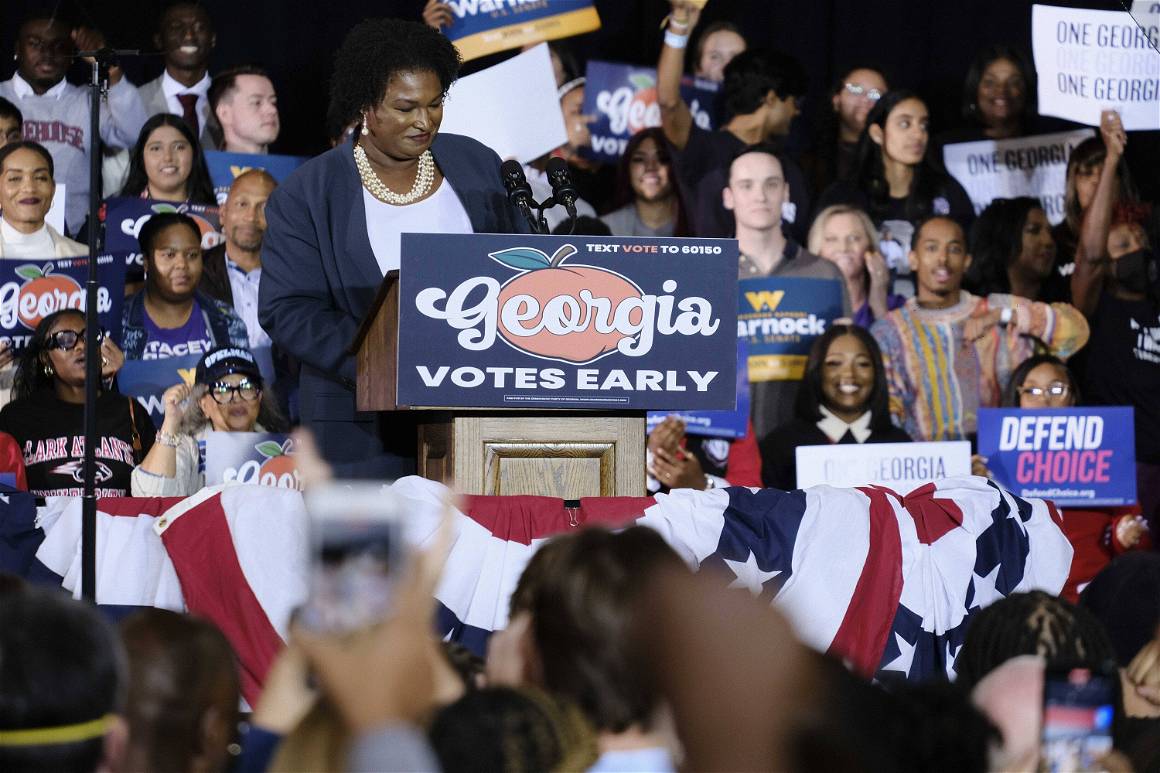
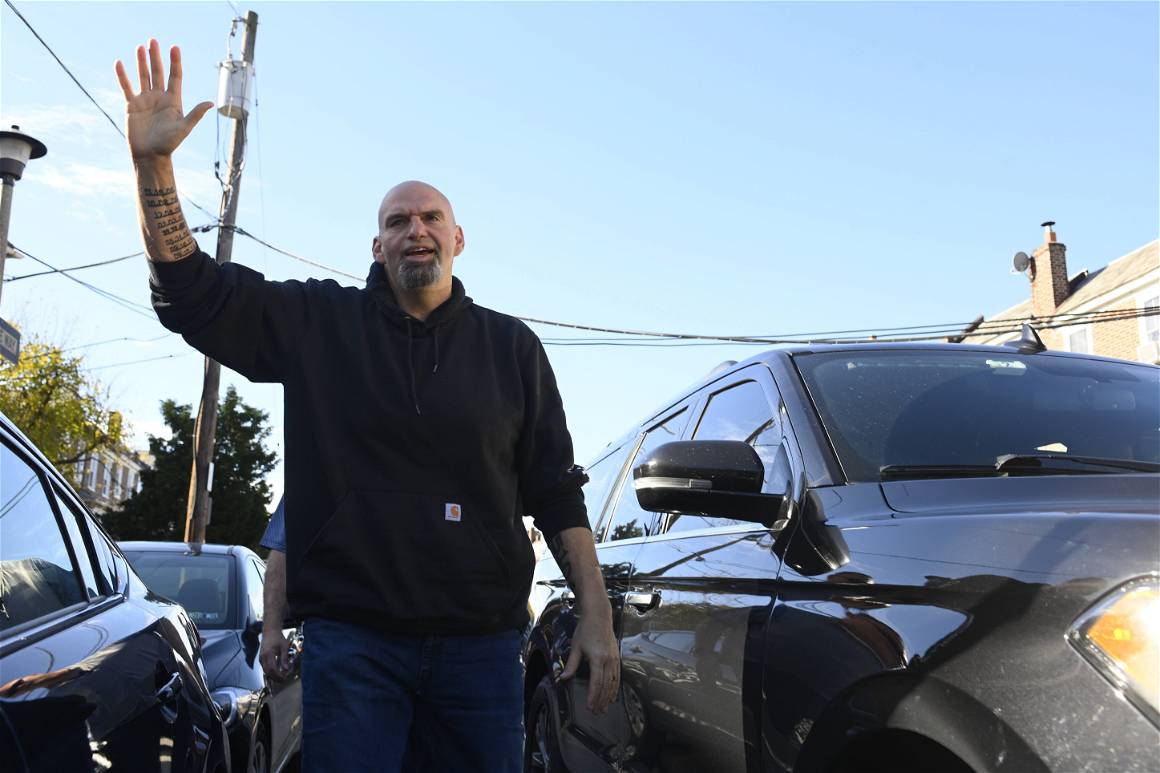
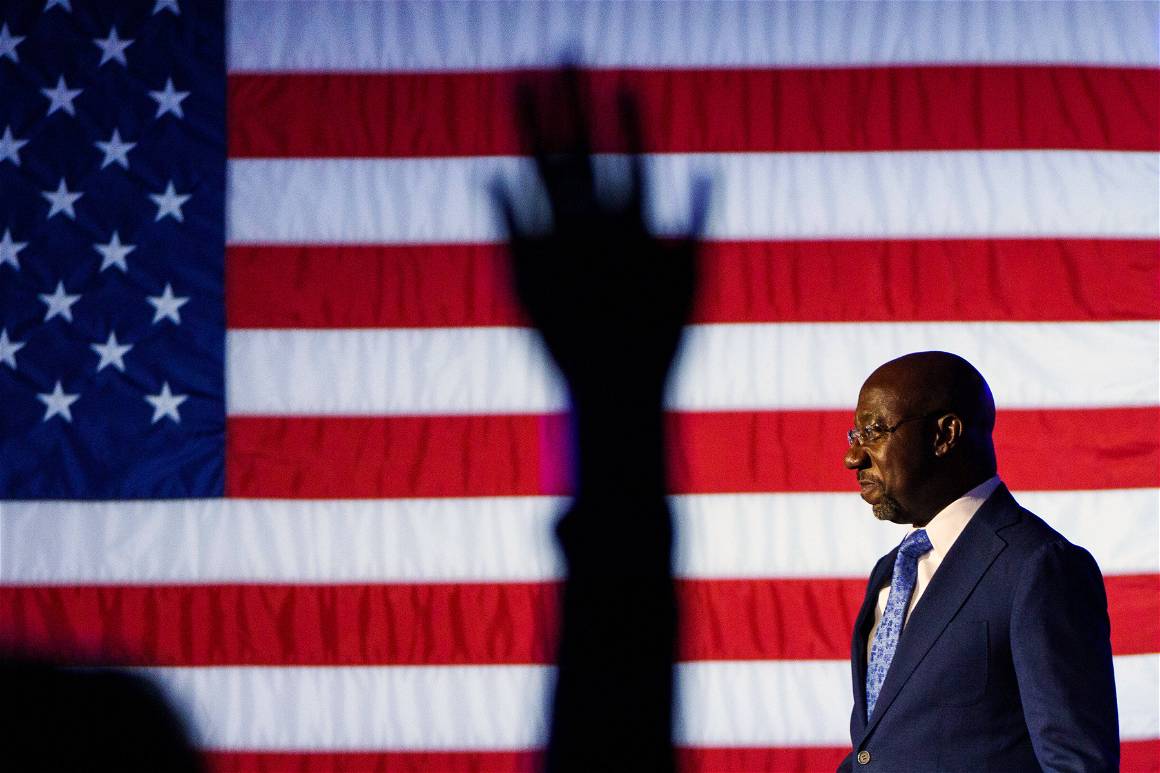
The nation was also keeping its eyes on Florida: A state known for its blasé handling of Covid-19, recently prohibiting the discussions of sexual orientation in elementary schools in what is known as the ‘Don’t Say Gay’ bill, rejecting textbooks and curriculum addressing racism, and banning abortion after 15 weeks, all with Governor Ron Desantis being the face of Florida in its step from being a swing state to a right-wing experiment. Desantis not only kept his seat as governor, but managed to flip Miami-Dade County which had been voting Democrat for over 20 years. He is expected to run for president and face Donald Trump in 2024, who is currently also hunkering down in Florida at his Mar-a-Lago estate. Florida Republican Senator Marco Rubio also secured his third term in Congress.
Some firsts in these elections include Maryland electing Democrat Wes Moore as its first Black governor and Massachusetts electing its first female and first lesbian governor Maura Healey, also a Democrat. Arkansas elected former Trump White House press secretary Sarah Huckabee Sanders as the state’s first female governor. California projected to have Alex Padilla as its first Latino senator, Democrat Rob Bonta as the first Filipino American attorney general, California’s first elected Black secretary of state, Shirley Weber, and Democrat Robert Garcia, the first out LGBTQ immigrant elected to Congress.
In Texas, the hardline conservative governor Greg Abbott was re-elected, defeating Beto O’Rourke who was once a Democratic presidential candidate. Abbott is known for his anti-abortion and anti-gun control policies, as Texas has recently been under the spotlight in light of Supreme Court’s overturning of Roe v. Wade with the state banning abortions, and the elementary school massacre in Uvalde.
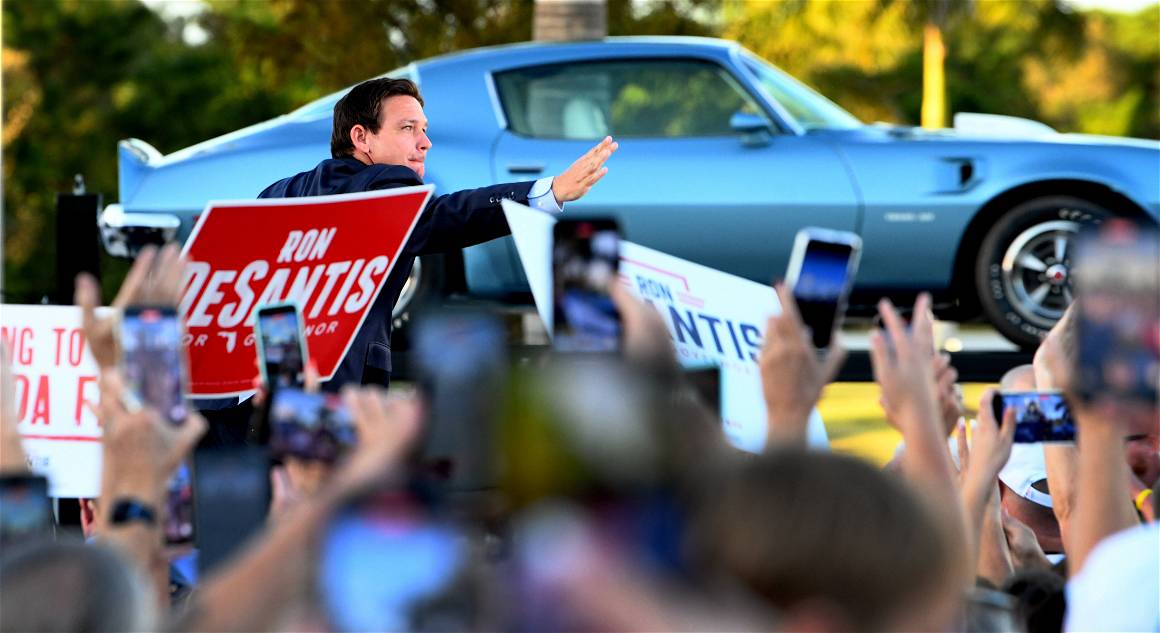
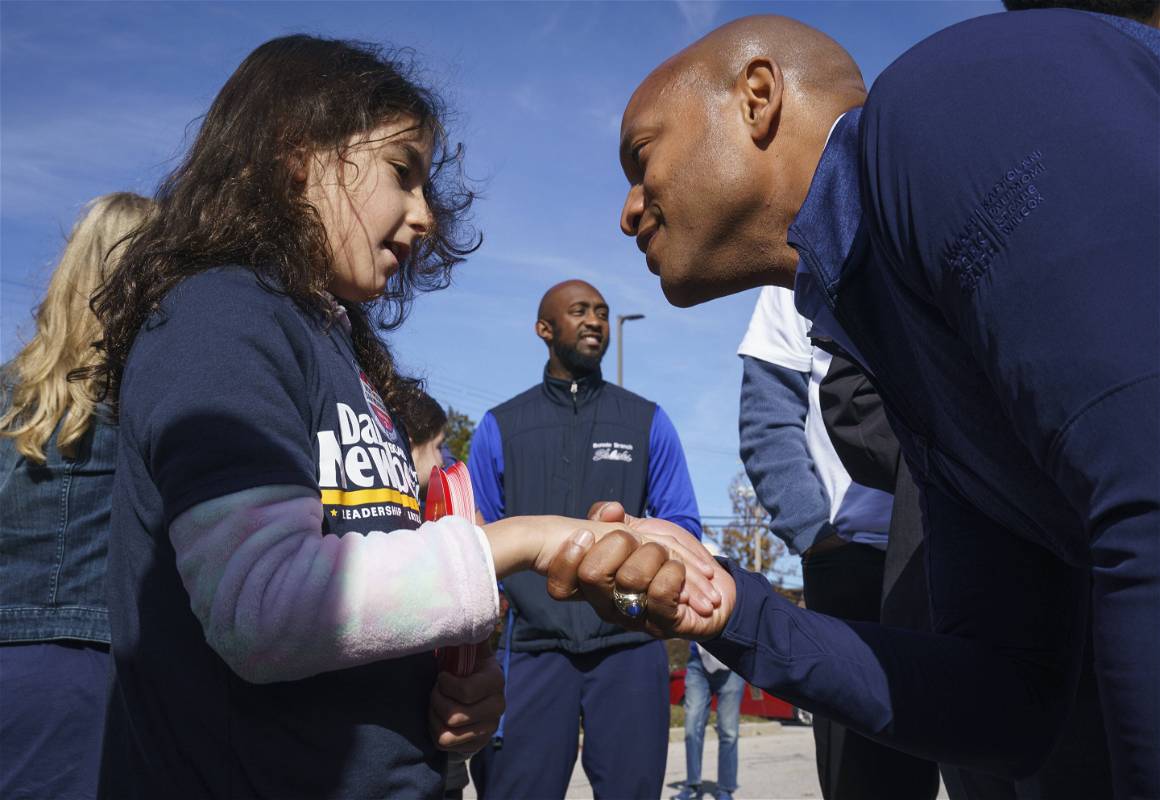
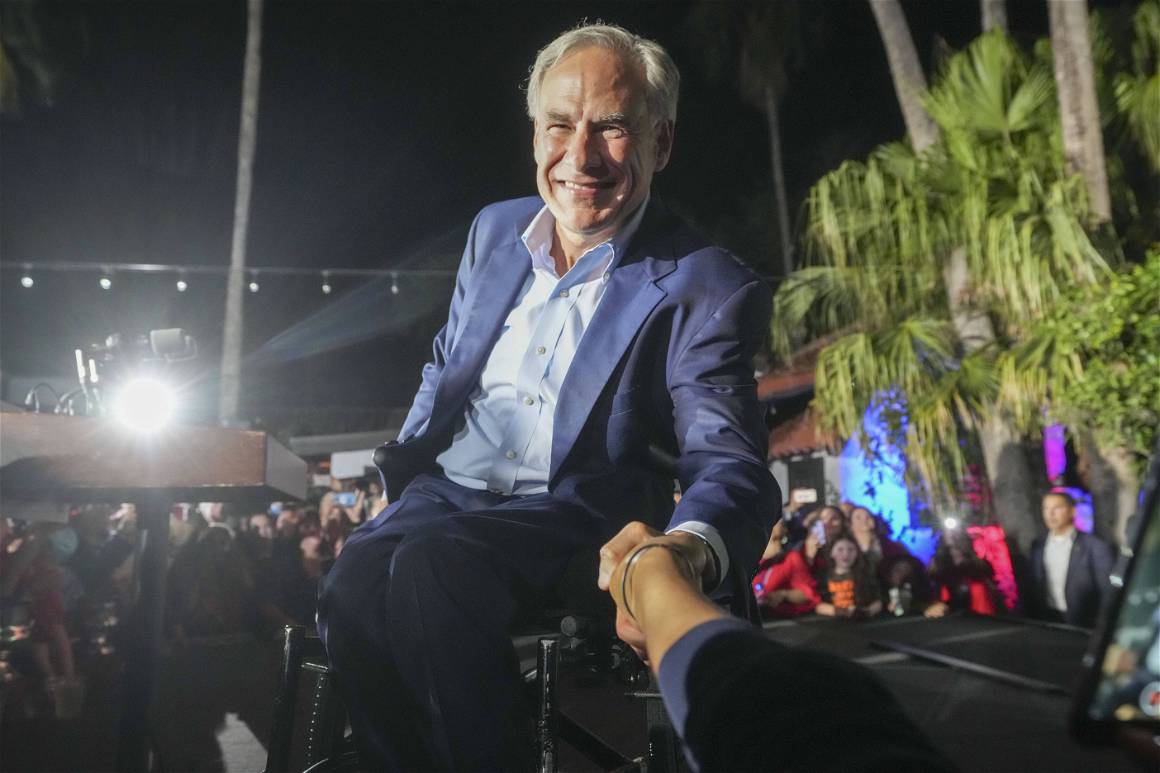
The recent overturning of Roe v. Wade by the Supreme Court which leaves the right to abortion up to the states to decide, brought American voters in many states on both the left and right to rush to the poles. In Kentucky for example, voters failed to approve an anti-abortion amendment to the state constitution, while Californians voted to enshrine abortion rights into California’s constitution.
The midterms also come at a time when threats to democracy have loomed since the January 6 insurrection on the U.S. Capitol, and when Republican politicians who claim the 2020 elections were stolen are also running for offices during these midterm elections. Nevertheless, it has now become clear as results rush in from all 50 states, that Democrats’ fears of a Republican takeover seem to have been eased.
“So, was this a vote for democracy?” asked Bailey, “Yes, though perhaps not directly. Many political pundits heavily criticized President Biden for making this election a referendum on democracy…However, polling organizations failed to capture the central question: was this a deliberate vote for democracy, or was it an exasperated vote for ‘normalcy’ and therefore democracy? Time will tell, but the important thing is that this election proved that party isn’t everything and political loyalty has its limits.”
With photographers on the ground such as Allison Bailey documenting the political movements in Washington DC along with those across the nation including one of IMAGO’s newest partners USA TODAY Network, our picture desk delivers up-to-date photo coverage of the eventful and unpredictable U.S. midterm elections.
See our picture desk events and collection on the US midterm elections.
